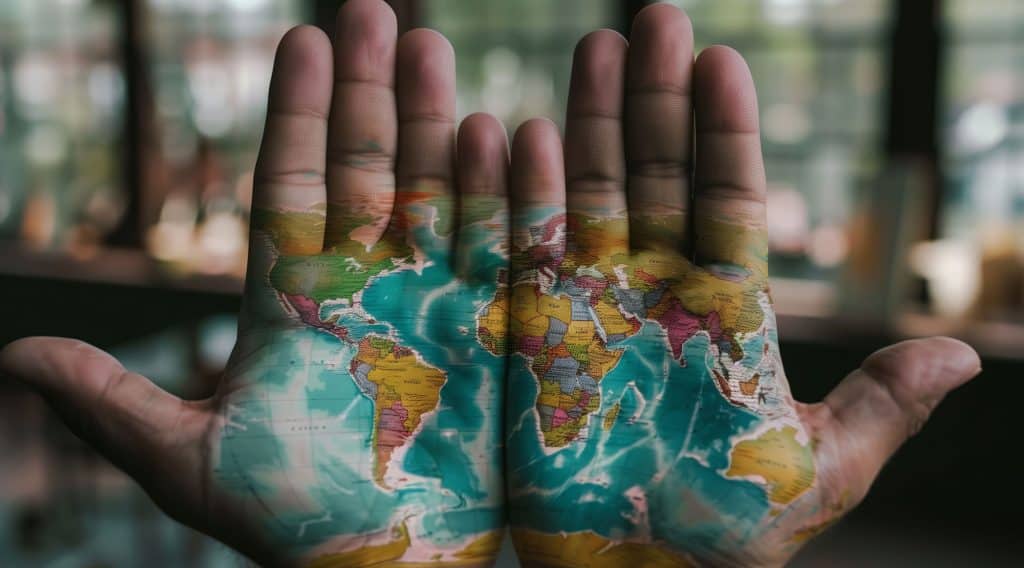
January Update from Amaranta Spain
The comprehensive care of adolescent victims of trafficking, the reduction of social exclusion rates, access to rights, psychosocial integration and the empowerment of women are the objectives of the interventions that have the financial support of the Governments of the Balearic Islands and La Rioja and the City Councils of Madrid and Valencia.








